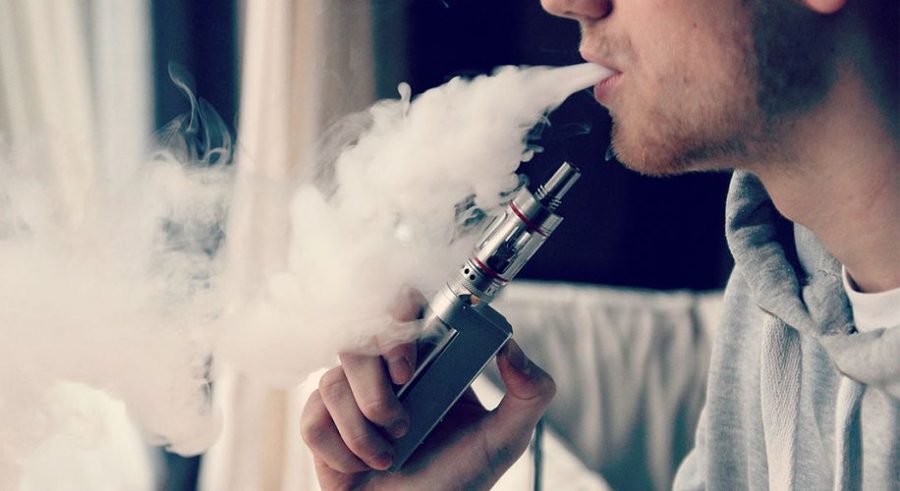U.S. research indicates teens smoke less in states that have legalized medical cannabis
A new study published in the American Journal of Drug and Alcohol Abuse should put parents’ worries at ease, should they be concerned about their young trying the plant in some form.
Based on the results of a new study, teens seemed to consume less cannabis in states that have approved medical cannabis legalization.
If this is the case, federal cannabis legalization in the U.S. couldn’t be such a risky move at all.
Study on teen cannabis consumption in the U.S. gathered data from 45 States

The study on cannabis consumption saw the number of teens who consume weed in medical cannabis-friendly states drop 1.1 percent less than the number of teen cannabis consumers in states where the plant is illegal.
Over 860,000 high school students participated in the study from 1999-2015 in 45 separate U.S. States.
“We found that for every group of 100 adolescents, one fewer will be a current user of [cannabis] following the enactment of medical [cannabis] laws,” said the leader of the study on teen cannabis consumption in the U.S. – Dr. Rebekah Levine Coley. She is a professor of psychology at Boston College.
“When we looked at particular subgroups of adolescents, this reduction became even more pronounced. For example, 3.9 percent less Black and 2.7 percent less Hispanic youths now use [cannabis] in states with MML [Medical Marijuana Laws].
Study on teen cannabis consumption pulled data from CDC

In order to glean the data for this study on teen cannabis consumption, researchers pulled information from a bi-yearly poll carried out by the U.S. Centers for Disease Control and Prevention (CDC).
The “Youth Risk Behavior Survey” focused on monitoring the activities of American teen substance consumption, such as cannabis, alcohol and illicit drugs. Despite her uncertainty, Coley has developed a few theories as to why the results of this survey of teen cannabis consumption in the U.S. have come about.
“Some people have argued that decriminalizing or legalizing medical [cannabis] could increase cannabis use amongst young people, either by making it easier for them to access or by making it seem less harmful,” said Coley.
“However, we saw the opposite effect. We were not able to determine why this is, but other research has suggested that after the enactment of medical [cannabis] laws, youths’ perceptions of the potential harm of [cannabis] use actually increased. Alternatively, another theory is that as [cannabis] laws are becoming more lenient, parents may be increasing their supervision of their children, or changing how they talk to them about drug use,” Coley explained.
“As the first study to concurrently assess unique effects of multiple [cannabis] policies, results assuage concerns over potential detrimental effects of more liberal [cannabis] policies on youth use,” reads the study’s conclusion.
Her team of researchers will continue to focus on studying the rates of teen cannabis consumption in the U.S. where cannabis has been legalized for adult-use.









